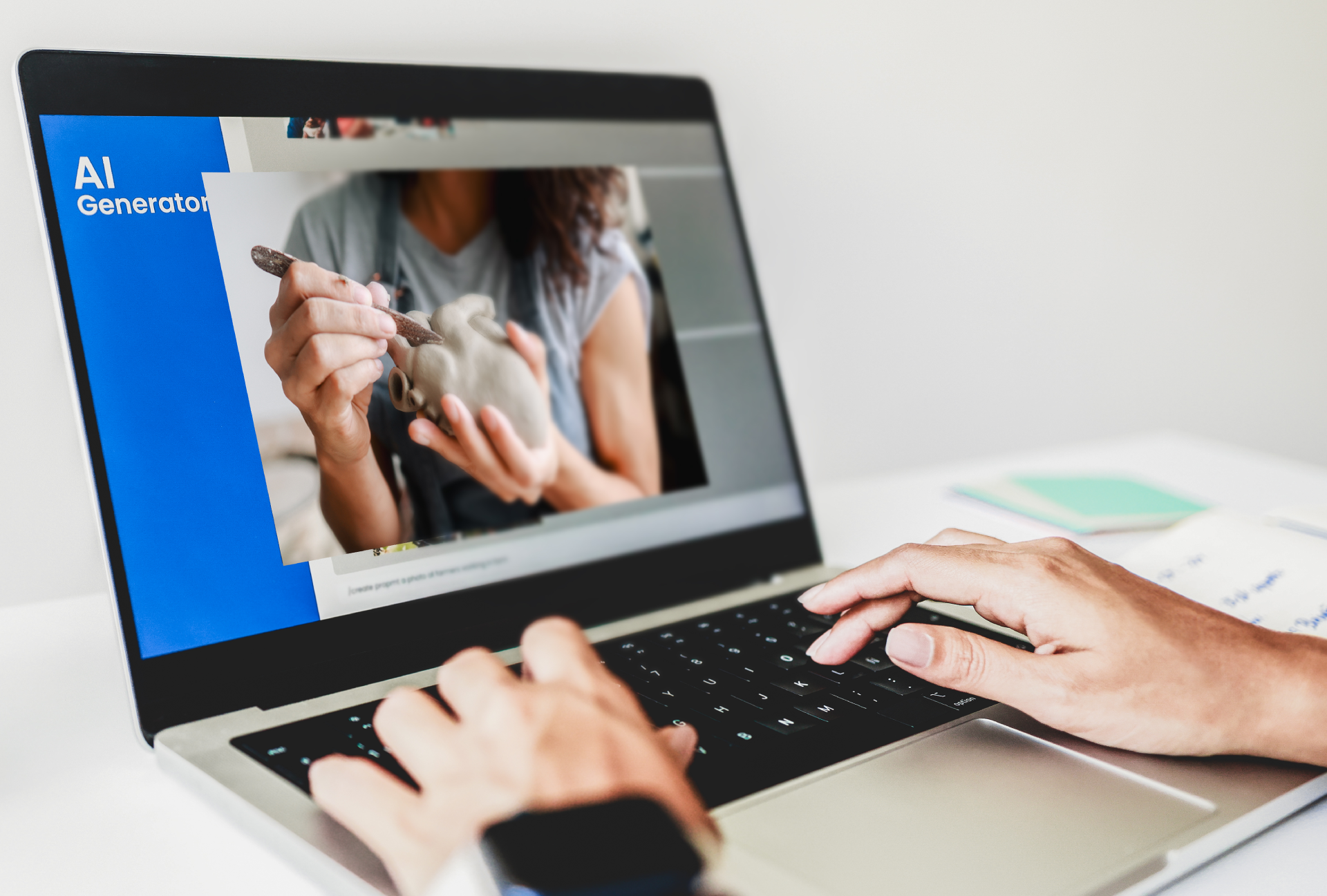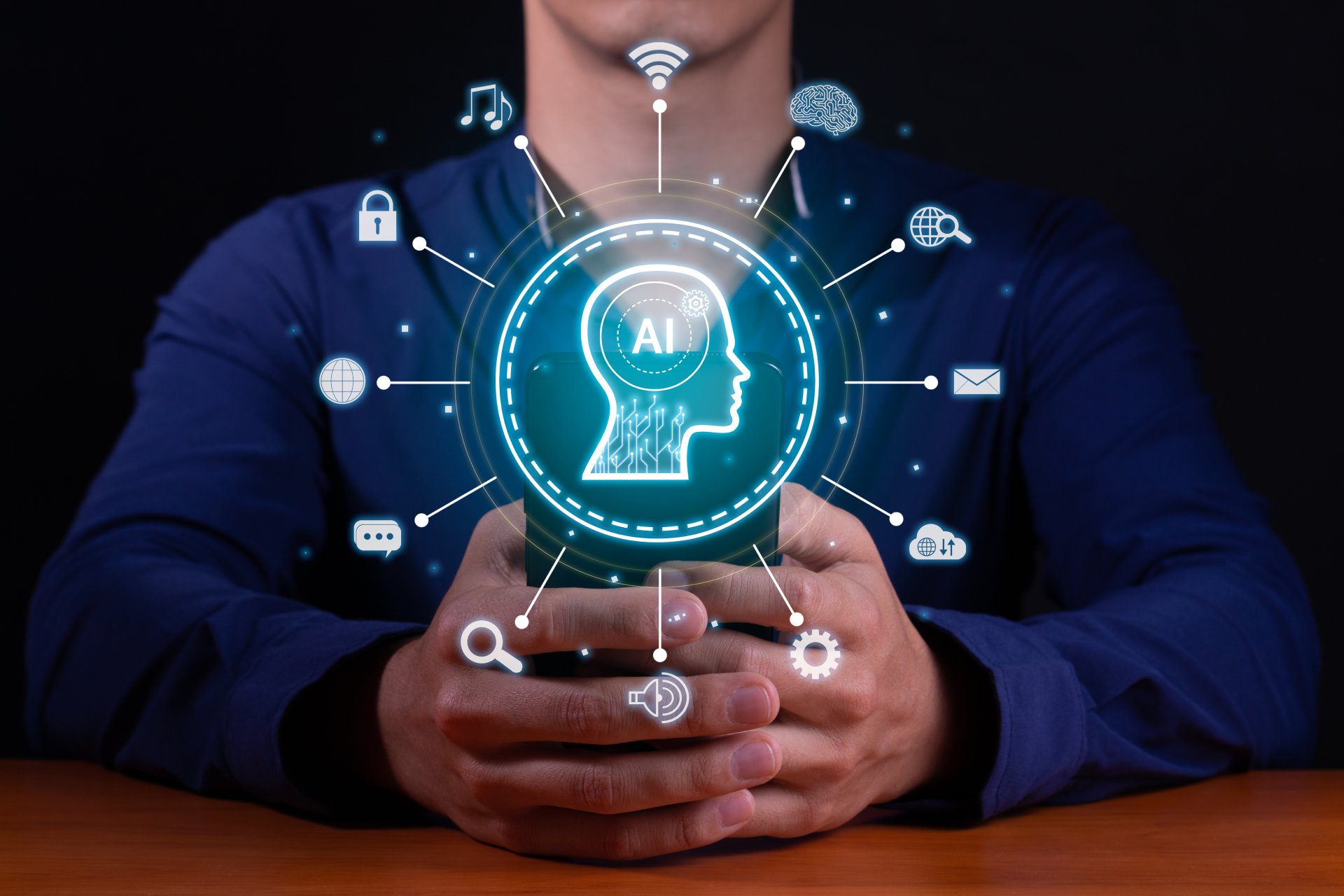Introduction
In today’s fast-paced digital marketplace, creating an engaging and high-performing Shopify store design is about more than just having attractive layouts. It involves providing seamless, personalized, and smart shopping experiences for your customers. This is where Artificial Intelligence (AI) makes a significant impact.
AI is changing eCommerce by allowing data-driven decisions, offering predictive insights, and enabling automated personalization. For Shopify merchants, AI tools can greatly improve store design, enhance user journeys, and increase conversions. Instead of relying only on traditional design methods, businesses can now use AI to adjust layouts, generate smarter product recommendations, and refine the overall shopping experience in real time.
Understanding AI in Shopify Design
AI in eCommerce is about more than automation; it’s about creating systems that learn and adjust based on customer interactions. For Shopify stores, AI tools gather and analyze large amounts of customer data, from browsing habits to purchase history, delivering a tailored store experience for each person.
Key Benefits of AI in Shopify Store Design:
- Better decision-making: AI identifies patterns and trends that humans might miss.
- Personalization at scale: Each customer enjoys a unique shopping experience.
- Increased conversions: Data-driven design improvements enhance engagement and sales. Efficiency: Tasks like image optimization, A/B testing, and product descriptions are automated, saving valuable time.
In short, AI connects customer expectations with store performance, making Shopify stores more adaptable and focused on customers.
Personalization with AI
Personalization is one of the most effective ways AI enhances Shopify design. Shoppers no longer want generic experiences; they expect stores to know their preferences.
AI-Driven Product Recommendations
AI reviews customer browsing history, preferences, and purchase patterns to suggest relevant products. For instance, a visitor looking at athletic shoes might see recommendations for running socks or water bottles. This not only boosts user satisfaction but also raises average order value (AOV).
Personalized Homepages and Landing Pages
AI ensures that first impressions count. Returning customers may find curated product collections, while new visitors see highlighted trending or best-selling products. This makes the Shopify store feel dynamic and relevant to all shoppers.
Smart Search and Navigation Enhancements
AI-powered search engines deliver smarter results by understanding intent instead of just keywords. Features like autocomplete, voice search, and semantic search help users quickly find what they need, reducing bounce rates and improving conversions.
Improving User Experience (UX)
A great-looking store doesn’t matter if users struggle to navigate or find help. AI makes Shopify stores more intuitive and user-friendly.
AI Chatbots for Instant Customer Support
Modern AI chatbots do more than answer frequently asked questions. They assist customers in real-time with order tracking, product recommendations, and checkout help. This 24/7 support boosts satisfaction and frees up human support teams.

Predictive Analytics for UX Decisions
AI tools monitor customer interactions tracking clicks, time spent on pages, and points of exit. This data helps pinpoint issues in the user journey. Store owners can then redesign layouts, product placements, or checkout processes for greater efficiency.
AI Tools for Accessibility and Inclusivity
AI improves inclusivity with features like auto-captioning for videos, AI-generated alt text for images, and voice navigation. This not only enhances user experience but also boosts SEO, as accessibility is increasingly valued by search engines.
Visual Design Optimization
Visual appeal is crucial for Shopify store success. Thankfully, AI tools streamline visual design without sacrificing quality.
AI-Powered Image Editing and Enhancement
AI tools automatically adjust lighting, background, and resolution to make product images more attractive. Some even compress images smartly for quicker load times, which is essential for mobile-first performance.
Automated A/B Testing for Store Layouts
Instead of manually testing designs, AI performs A/B tests to determine which layouts convert better. Whether it’s button placement, banner design, or checkout flow, AI identifies what resonates with customers.
AI Tools for Mobile-First Store Design
Since most Shopify traffic comes from mobile devices, AI ensures designs fit smaller screens smoothly. AI tools analyze user interactions across devices and optimize layouts for easy scrolling, faster checkout, and better readability.
Conversion-Focused AI Features
AI does more than make stores attractive; it directly affects sales by enhancing conversions.
Dynamic Pricing and Discount Optimization
AI tracks demand, competitor pricing, and customer behavior to recommend the best pricing strategies. Dynamic pricing keeps stores competitive while maintaining profit margins.
AI-Powered Upselling and Cross-Selling
AI suggests add-ons or complementary products during checkout. For example, someone buying a camera might see offers for lenses or tripods, increasing cart value without seeming aggressive.
Smart Checkout Optimization
Cart abandonment is a common problem in eCommerce. AI addresses this with predictive prompts, one-click checkout options, and personalized payment suggestions to minimize friction and increase successful conversions.
AI in Content Creation
Content is vital for any Shopify store, and AI accelerates content creation while making it more SEO-friendly.
Automated Copywriting for Product Descriptions
AI tools like Jasper or Copy.ai create product descriptions that are engaging, persuasive, and tailored to specific audiences. This saves time for merchants with extensive product catalogs.
AI for SEO-Friendly Content and Meta Tags
AI helps write meta titles, descriptions, and even blog content optimized with high-ranking keywords. This boosts Shopify stores’ search engine rankings and draws organic traffic.
Smart Email and Campaign Design
AI generates personalized email campaigns that respond to customer behavior. Whether it’s abandoned cart reminders or loyalty program promotions, AI sends messages at the right time to the right audience.
Choosing the Right AI Tools for Shopify
There’s a wide range of AI-powered Shopify apps available, but not every tool suits every store.
Popular AI Apps and Integrations
- Tidio AI Chatbots – for automating customer service.
- ReConvert – for upselling and cross-selling.
- Clerk.io – for AI-driven personalization and product suggestions.
- Optimonk – for AI-powered popups and customer engagement.
Factors to Consider Before Implementation
Ease of integration: Does the tool connect well with Shopify?
Scalability: Will it grow with your business needs?
Pricing: Does it offer good value for money?
Analytics: Does it provide actionable insights for future improvements?
Future of AI in Shopify Design

The future of AI in Shopify is promising and transformative. We’re headed towards hyper-personalization, where each shopper’s experience feels customized. Emerging trends include:
- Augmented Reality (AR) shopping experiences powered by AI.
- Voice-assisted shopping integrated into Shopify stores.
- Predictive engagement , where AI anticipates customer needs before they search.
- AI-driven loyalty programs that reward customers more effectively.
Store owners who adopt these tools early will not only meet consumer expectations but also set new standards in customer experience.
Conclusion
AI is not a distant idea; it is essential for Shopify success today. By incorporating AI tools into Shopify store design, merchants can craft personalized shopping journeys, optimize visual layouts, enhance user experience, and boost conversions.
From automated product recommendations to smart checkout options, AI improves every part of the customer journey. The result is a Shopify store design that is visually impressive and also smart, adaptable, and highly profitable.
As eCommerce competition intensifies, adopting AI is not just about staying current; it’s about taking the lead. The sooner you embrace these innovations, the sooner you’ll unlock your Shopify store’s full potential.
Do I need coding knowledge to use AI for Shopify design?
No, most AI design tools for Shopify are user-friendly and require little to no coding skills, making them accessible for beginners and non-technical store owners.
Is it expensive to use AI tools for Shopify store design?
Not necessarily. Many AI tools offer affordable plans or free trials, making them accessible to startups and small businesses, while advanced features are available for scaling brands.
Will AI completely replace human designers for Shopify stores?
AI tools assist in automation and optimization, but human creativity is still essential for branding, storytelling, and creating a unique store identity.
Do AI tools save time in Shopify design?
Absolutely! They automate repetitive tasks like resizing images, writing product descriptions, and optimizing layouts, saving you hours of manual work.
Transform Your Shopify Store with AI – Contact Us

